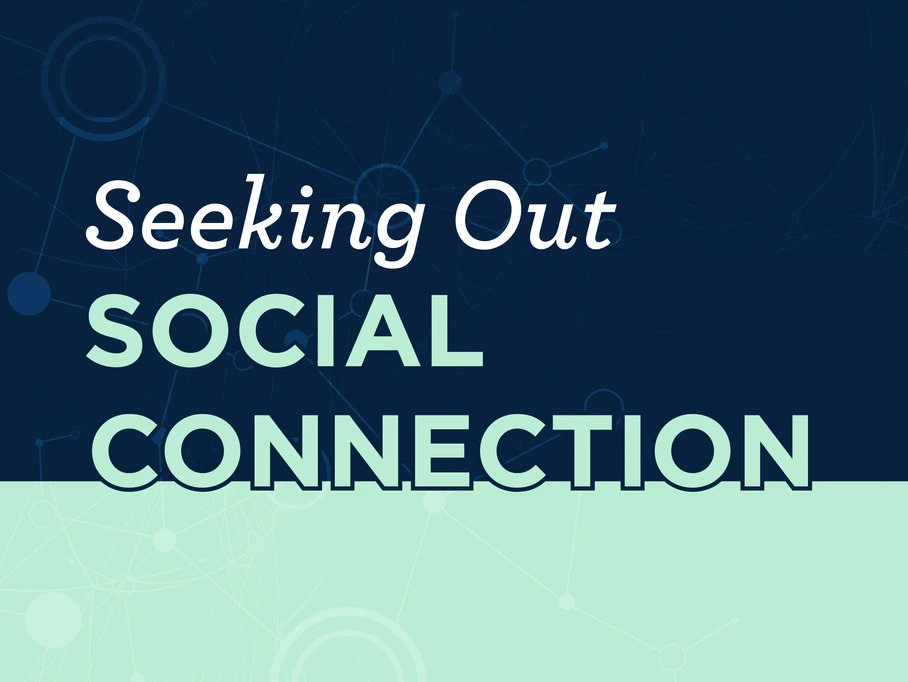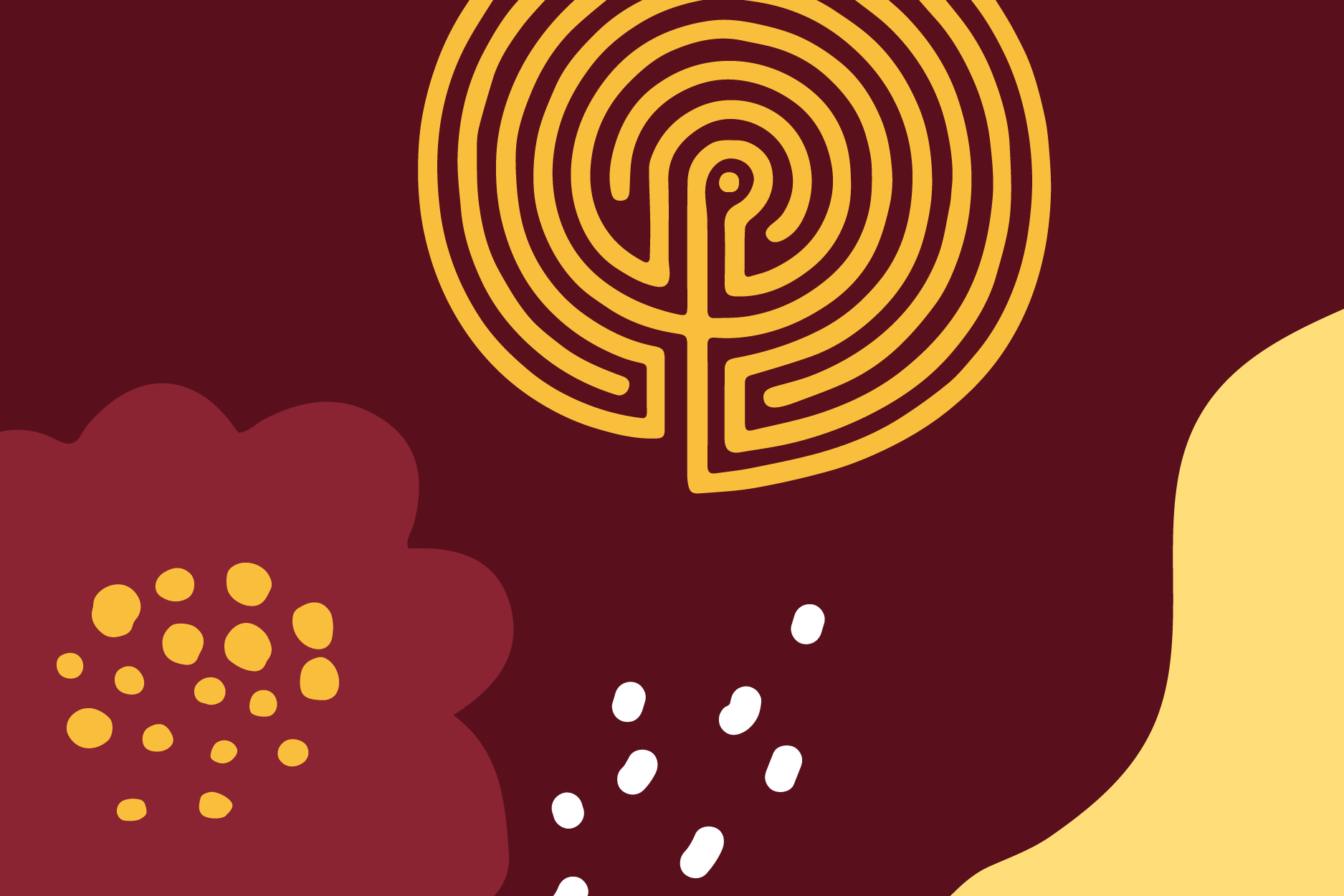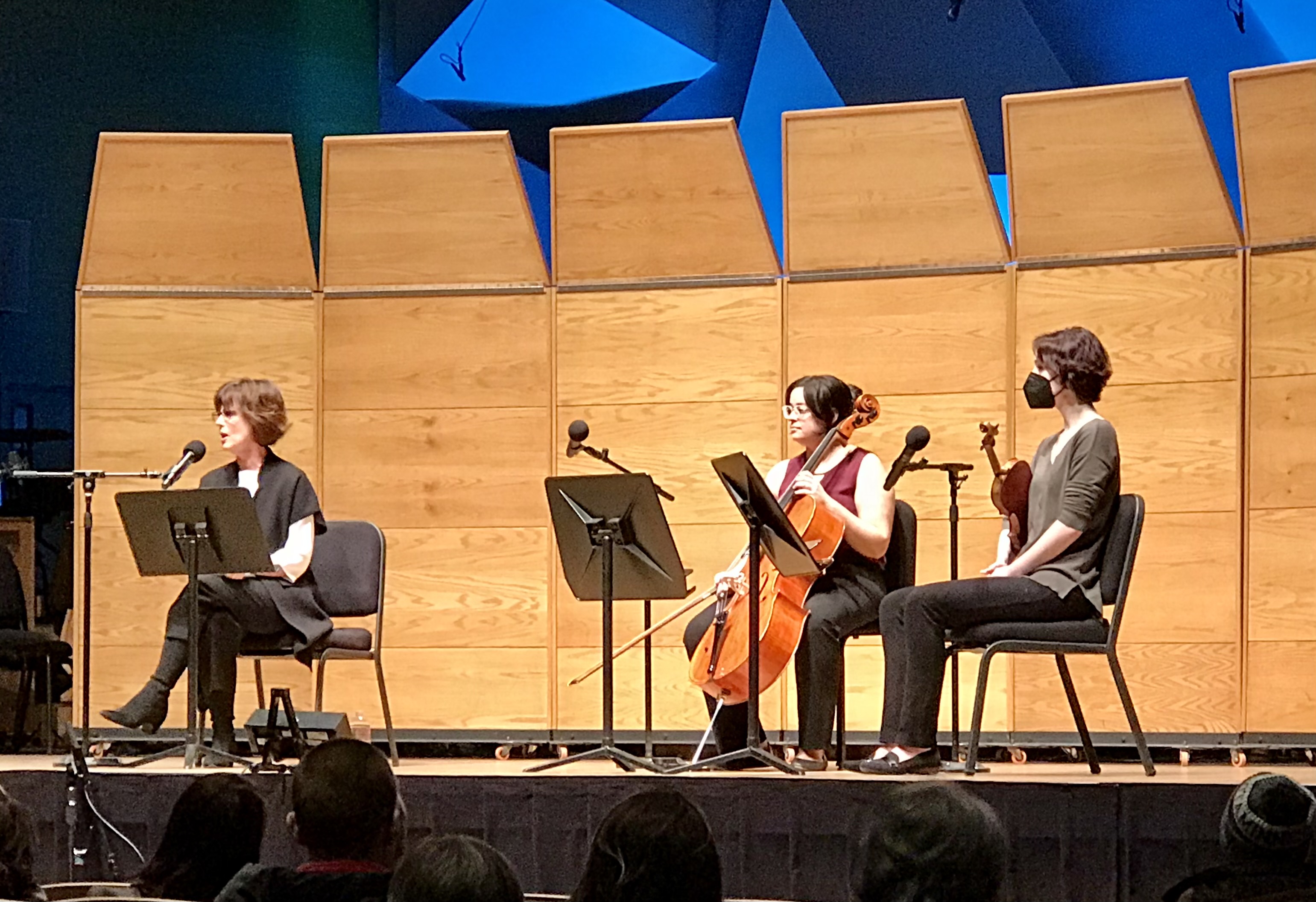Seeking Out Social Connections-A Powerful Form of Self-Care Can Boost Wellbeing and Manage Chronic Pain
Mandala Summer 2021
July 29, 2021
Kevin Coss

Phoning a sibling, meeting a friend for dinner, doing volunteer work—these activities, while seemingly unrelated, share a common thread. They all reinforce the feeling that we are connected to, and supported by, others. This sense of social connectedness plays a vital part in a person’s overall wellbeing, and the team at the Bakken Center for Spirituality & Healing’s Integrative Health and Wellbeing Research Program (IHWRP) aims to help people (and their care providers) keep it top of mind.
“Social connections can help us be resilient; they provide practical and emotional support,” said Roni Evans, DC, PhD, IHWRP director. “Research has shown meaningful social connections can play a protective role in how our nervous system responds to pain and stress. Also, the very nature of an enjoyable or positive interpersonal exchange can have positive effects on our mood and outlook.”
Lacking meaningful social connections, conversely, leads to many negative consequences. People who face prolonged isolation, ostracism, rejection, or social conflict are more likely to suffer from chronic pain, low self-esteem, depression, and poor emotional regulation. These feelings may diminish their ability and motivation to seek out social connections going forward, causing a downward spiral of physical, mental, and social suffering.
Seeking out social connection to prevent these consequences and embrace the benefits is a form of self-care—an action a person can take to enhance their own wellbeing. Someone who reaches out to a friend when feeling lonely, for example, is practicing self-care in a similar way as someone relieving stress through mindfulness practices. Self-care can help improve mental, social, and physical health, even helping people manage chronic pain in situations where traditional clinical treatment options are insufficient, risky, or expensive.
From Small Steps To Lasting Habits
Developing a stronger sense of social connection can be as simple as getting to know neighbors, trying new activities with others, asking for help from others, or greeting people on the street. Volunteer work is a good option, as it helps people connect to their communities and the world around them while also giving them a sense of meaning and purpose. It doesn’t have to involve someone new—nurturing existing relationships with family, friends, and neighbors can be a great way to foster social connectedness—or even other humans, as spending time with a pet or setting up a bird feeder allow people to feel a connection with animals. Even immersing oneself in nature, such as by taking a walk outdoors or gardening, can help by providing connections to the living world around us.
Finding quality social connection is not a “one-size-fits-all” approach, Evans said. One person with chronic pain may crave social validation and acknowledgement so they don’t feel isolated or misunderstood, while another may need someone’s help with housework or walking the dog. In all cases, building routines can help turn behaviors that cultivate social connectedness into lasting habits.
“People can develop some social rituals by scheduling daily, weekly, and monthly times for connecting,” she said. “This can include a range of things, like calling, emailing, or writing a letter to friends or family, getting together over a meal— really anything, big or small, that commits us to connecting in some way on a regular basis.”
Bringing Self-Care To The Clinic
While the awareness is growing around how social factors impact a person’s wellbeing, including how they experience pain, clinicians are often not trained to address their patients’ social needs.
“Social factors have largely been ignored in pain care and research,” Evans said. “Unfortunately, because humans are so affected by their social context, it has been a mistake not to take this into account and likely has resulted in the high prevalence and suffering associated with pain conditions.”
The IHWRP team is now working to train front-line care providers, such as chiropractors, physical therapists, and nurse practitioners to identify what patients need from a whole person perspective, and coach them in self-care practices that will support their biophysical, mental, and social health. To make sure they can help clinicians understand and empathize with people from all backgrounds, the entire IHWRP team has undertaken cultural agility training and continues to receive coaching from the YMCA of the North’s Equity Leadership Institute.
Starting this fall, the research team will also launch a pilot study exploring how well training care providers to coach their patients in self-care practices works. The Support Trial—led by the IHWRP’s Brent Leininger, DC, MS, assistant professor, and Gert Bronfort, DC, PhD, professor—will focus on adults with persistent back-related leg pain or sciatica. Rather than simply telling patients to do certain self-care tasks (such as exercise, relaxed breathing, or progressive muscle relaxation), clinicians in the study will use active communication skills and other behavioral change strategies to encourage behavioral change and help each patient become more self-sufficient in managing the impact of their pain.
The study will gauge what patients think of the support, coaching, and resources for self-care they receive. A larger subsequent trial will then follow the pilot study to measure how effective self-care is in benefiting patients’ physical, mental, and social health, Leininger said.
“The hope is that the majority of management for pain gets away from ‘let’s try this or let’s try that’ and starts to become more of ‘let’s take a look at you as a person, and what you have going on at an individual level,’” Leininger said. “It’s not meant to be a quick fix, but rather a way to help patients manage their ongoing conditions in the best way possible.”
Finding Ways To Connect
People are drawn to seek out social connection even when socializing itself isn’t the only focus of a given activity. Amy McGarness sees this firsthand in those who participate in the YMCA of the North’s ForeverWell program, which offers programming to adults 55 and up that sets the stage for social connection. Whether the class is based around physical activity, mental health, continuing education, spiritual wellbeing, or something else, connecting with other people is what really brings people in the door, she said.
“There are just so many ways that people connect, and that’s what keeps them coming back,” said McGarness, a ForeverWell specialist at the YMCA. “People tell you, ‘I love the class, but I really look forward to coming back and seeing so-and-so.’ That social piece is really what motivates folks to come back.”
Over the past few years, McGarness has also been a facilitator on a collaborative study between the YMCA and IHWRP that aims to inspire older adults to get more physical activity. Between this study and ForeverWell programming, she has seen firsthand how self-care activities benefit participants’ lives. Members form new connections over their shared experiences and support one another through difficult experiences. That continued even when the COVID-19 pandemic forced these interactions to switch to a remote model.
One silver lining of the pandemic, on a broader scale, was that it brought the value of social connection to the forefront of people’s minds and kindled discussions on the importance of self-care.
“While we might not recognize it, most often there are things that we can do, big and small, to improve our health and wellbeing,” Evans said. “It’s something we can initiate and take responsibility for, which can be very empowering.”



